The plague ravaged William Shakespeare’s world and inspired his work, from Romeo and Juliet to Macbeth, according to Ben Cohen from Slate.com… Support our news coverage by subscribing to our Kindle Nation Daily Digest. Joining is free right now!
One summer day in 1564, a weaver’s apprentice died in a small village in the English countryside, a local tragedy that was immortalized in the margins of the town’s records. Next to the name of the weaver’s apprentice were three ominous words: “Hic incipit pestis.”
Here begins the plague.
The plague wiped out a sizable portion of this particular town. Who lived and who died was seemingly a matter of chance. The plague could decimate one family and spare the family next door. In one house on a road called Henley Street, for example, was a young couple who had already lost two children to previous waves of the plague, and their newborn son was 3 months old when they locked their doors and sealed their windows to keep the plague from invading their home again. They knew from their unfortunate experience that infants were especially vulnerable to this morbid disease. They understood better than perhaps anyone on Henley Street that it would be a miracle if he survived. It was as if every family was flipping a coin unfairly weighted toward heads and betting a child’s life on tails. But when the plague was done with this small village in the English countryside, a little town called Stratford-upon-Avon, the couple breathed a sigh of relief that their young boy was still alive. His name was William Shakespeare.
There’s a possibility that Shakespeare developed immunity to the plague because of his exposure when he was an infant, but that speculation began only centuries later and only because the plague was a constant nuisance to Shakespeare. “Plague was the single most powerful force shaping his life and those of his contemporaries,” wrote Jonathan Bate, one of his many biographers. The plague was naturally a taboo subject for much of Shakespeare’s writing career. Even when it was the only thing on anybody’s mind, nobody could bring himself to speak about it. Londoners went to the city’s playhouses so they could temporarily escape their dread of the plague. A play about the plague had the appeal of watching a movie about a plane crash while 35,000 feet in the air.
Read full post on Slate.com

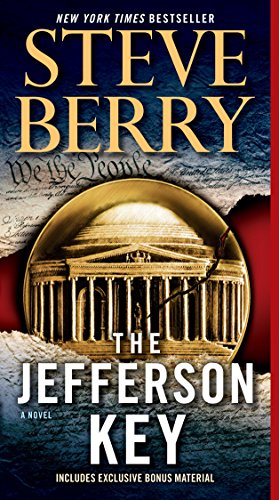
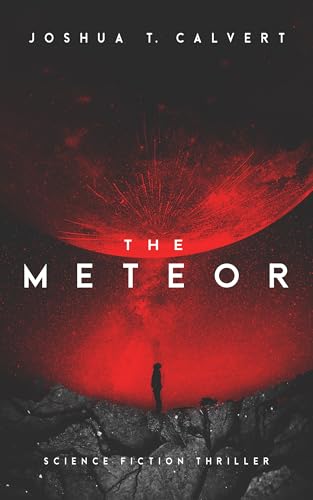
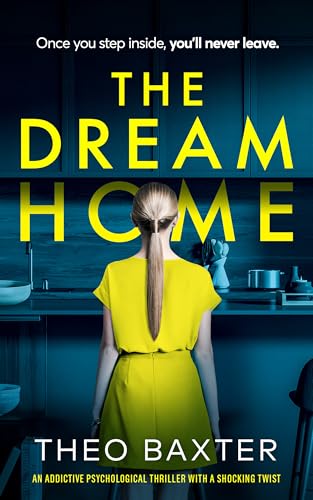
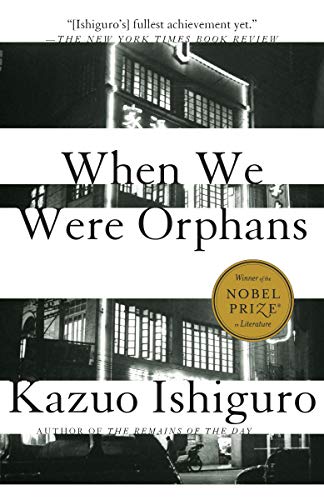
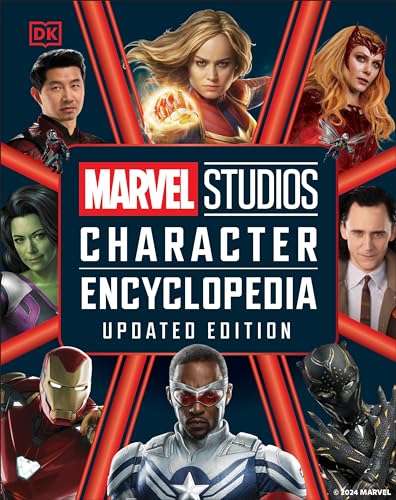
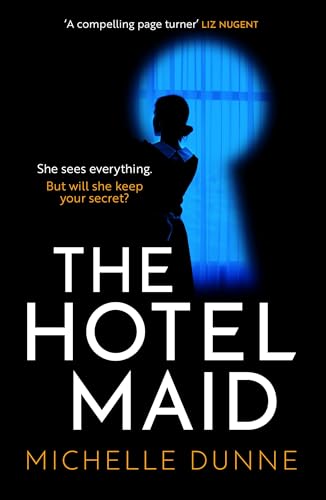
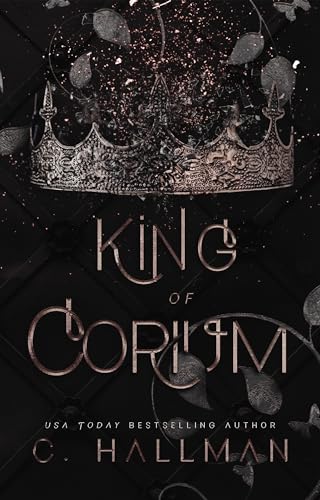

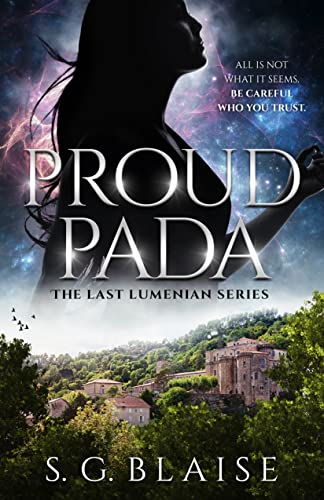
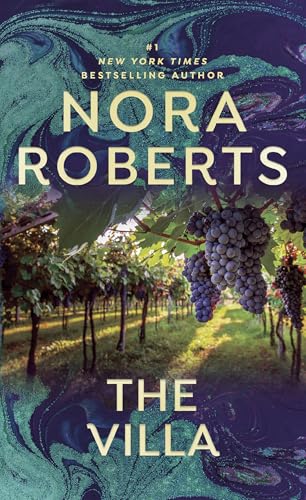
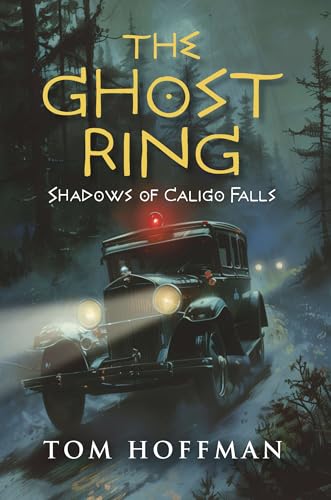
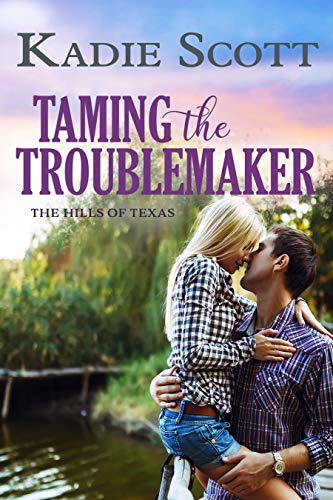


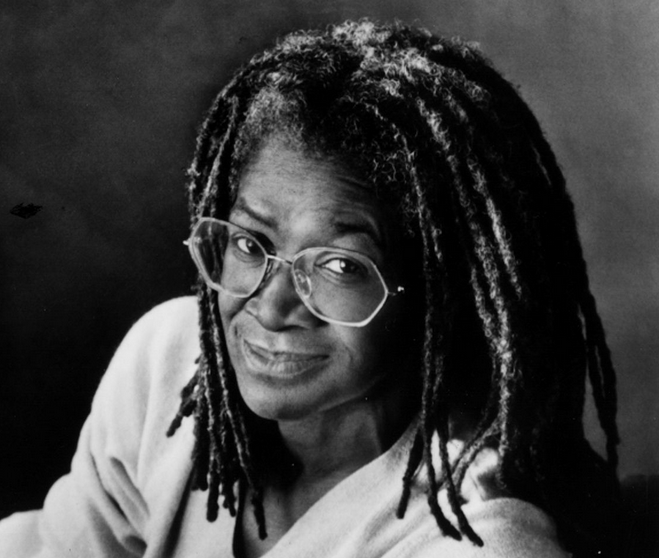

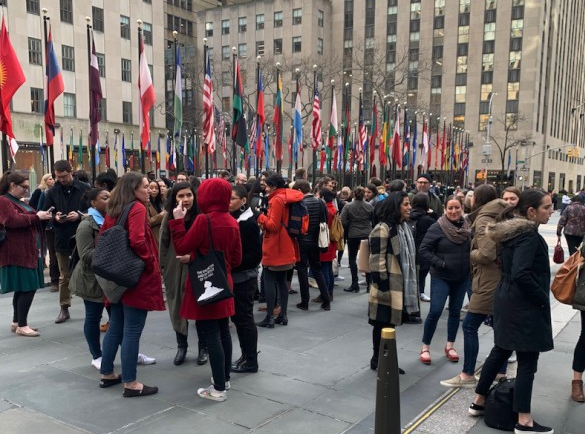
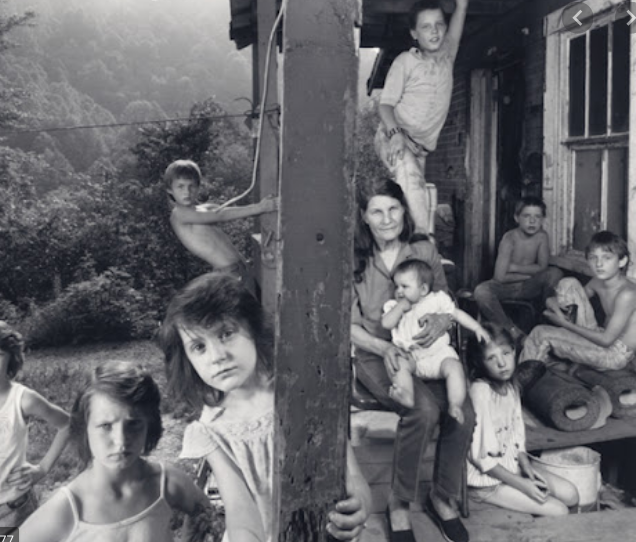

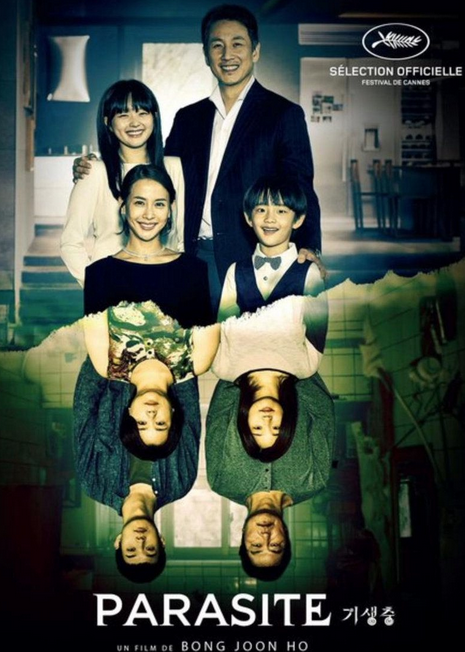
![The Vegetarian: A Novel by [Kang, Han]](https://images-na.ssl-images-amazon.com/images/I/41%2BMVoxpTIL.jpg)
![Please Look After Mom by [Shin, Kyung-Sook]](https://images-na.ssl-images-amazon.com/images/I/51fkgbCTS7L.jpg)
![The Hen Who Dreamed She Could Fly: A Novel by [Hwang, Sun-mi]](https://images-na.ssl-images-amazon.com/images/I/419KSbVPwuL.jpg)